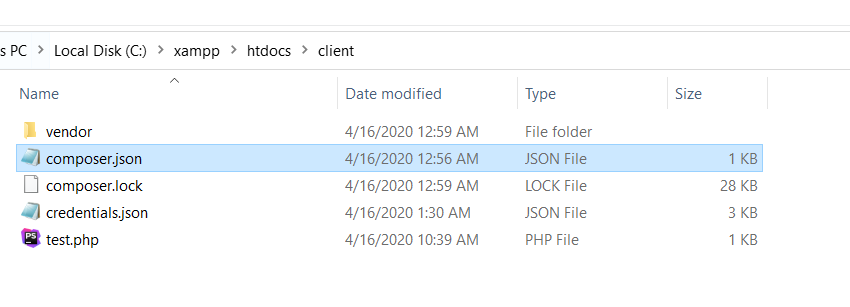I'm unable to find a straight answer as to how I verify an in-app billing purchase on the server before making downloadable content available to the user.
I use in app-billing version 3. I purchase managed products using code based on the IabHelper class from the TrivialDrive sample code. Everything is fine and dandy and the purchase is successfully completed, I get a full Purchase object back and the following original JSON data:
{
"orderId":"12999763169054705758.1364365967744519",
"packageName":"my package name",
"productId":"77",
"purchaseTime":1366217534000,
"purchaseState":0,
"purchaseToken":"utfwimslnrrwvglktizikdcd.AO-J1OwZ4l5oXz_3d2SAWAAUgFE3QErKoyIX8WuSEnBW26ntsyDmlLgoUd5lshqIY2p2LnlV4tpH4NITB4mJMX98sCtZizH7wGf6Izw3tfW_GflJDKFyb-g"
}
As I understand it I need to pass the purchaseToken and something I see referred to as a signature to the server. The server then use a private key to verify the purchase. Is this correct? If so, where do I get the signature from and is there really no decent documentation concerning server-side verification of a purchase?

